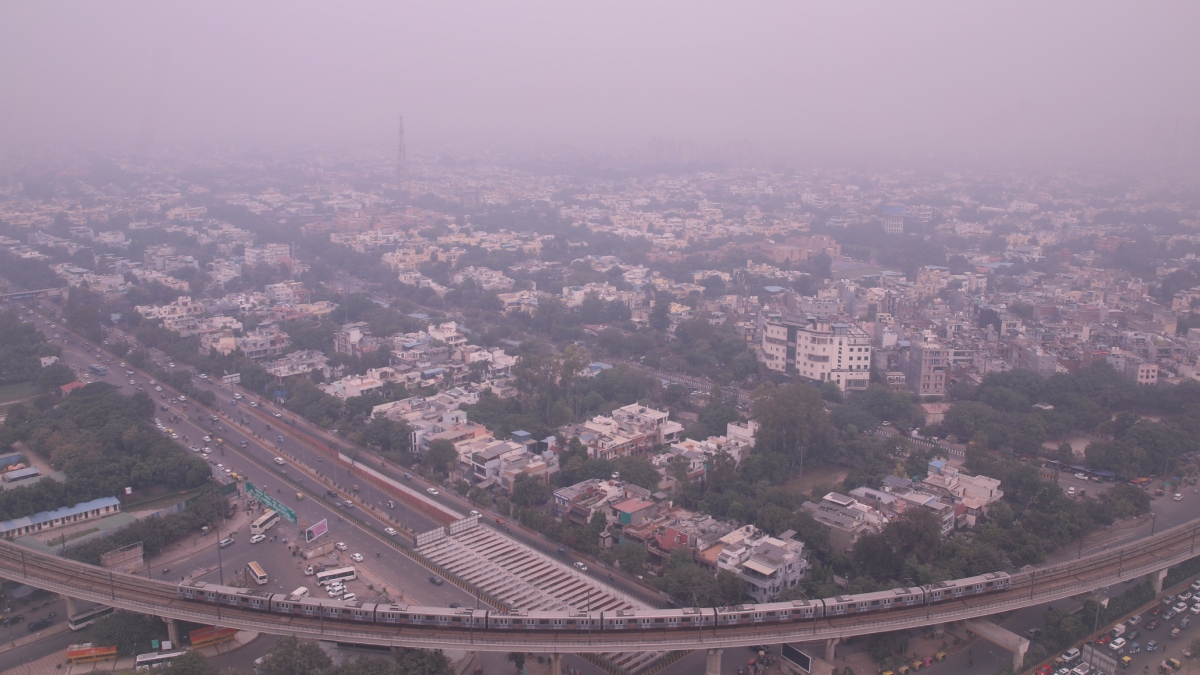
Delhi's Air Crisis: A Health Emergency
Delhi's air pollution crisis is a pressing issue that has grown alarming over the years. Every winter, the city becomes shrouded in smog, impacting the health of millions. This invisible epidemic affects not only the lungs but also damages every organ in the body. The ramifications are severe, and it is crucial to understand the far-reaching impacts of this toxic air.
Experts from Fortis Hospitals and CIFAR have highlighted the dire consequences of this pollution. Patients with chronic kidney disease (CKD) are particularly vulnerable, as the fine particulate matter (PM2.5) can enter the bloodstream and cause significant harm. This exposure can accelerate the decline of kidney function, posing life-threatening risks for those already battling this condition.
Furthermore, cardiologists have noted an increase in heart attacks and hypertension during months of high air pollution. The smog inflames arteries, leading to cardiovascular diseases, which are already the leading cause of death for kidney patients. Even healthy individuals are not spared, with rising emergency room visits for heart-related issues linked to the smog.
The impact of Delhi’s toxic air extends beyond respiratory and cardiovascular health. Neurologists warn that long-term exposure can impair cognitive function and increase the risk of anxiety and depression. Children are especially at risk, as their developing brains and bodies are more susceptible to the damaging effects of pollution.
Women’s reproductive health is also compromised. Pollution disrupts hormonal balance, leading to issues such as irregular cycles and increased miscarriage rates. Men face reduced sperm quality, further exacerbating fertility challenges in couples trying to conceive.
Moreover, dermatologists have observed a rise in skin issues linked to pollution, including acne and premature aging. The skin, being the body’s largest organ, suffers immensely from the constant exposure to harmful pollutants.
Perhaps most concerning is the effect of pollution on unborn children. Prenatal exposure to smog can lead to low birth weight and developmental delays. This generational health burden is becoming evident in pediatric wards across Delhi.
In conclusion, Delhi's air quality crisis is not just a seasonal inconvenience; it is a chronic health emergency. The right to clean air must be recognized as essential, as the health of every individual and future generations depends on it. Until stricter public health measures are implemented, practical solutions and awareness are vital in combating this invisible epidemic.











